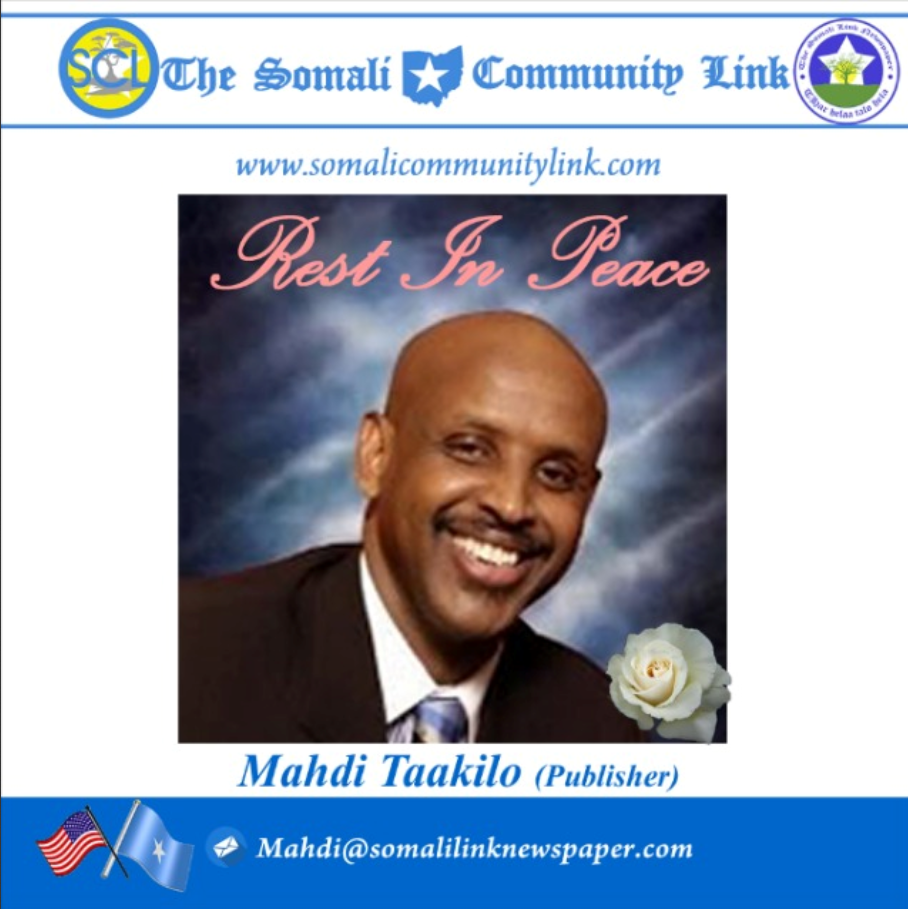The UN has seen its share of challenges in recent years: Security Council stalemate on Syria, an unprecedented refugee and migrant crisis, a global health crisis that has yet to be reined in – particularly in developing countries – and crippling funding cuts under the administration of former United States President Donald Trump.
COVID-19 continues to ravage developed and developing countries as demand grows for more financial aid, vaccines, and a unifying and guiding voice to lift all nations from the perils of the pandemic.
The coronavirus is sure to be a main pillar of UN Secretary-General Antonio Guterres’s message when he delivers his annual address on Tuesday. He is expected to call for greater unity among UN member states and for developed countries with the means and vaccines to extend more help to nations that are less well off.
Last October, when presenting the UN’s nearly $3bn budget for 2021 – a net reduction of 2.8 percent from 2020 – Guterres warned member states that the organisation was being asked to do more with less and struggling to fulfil its mandate.
“We are being forced to operate not on the basis of strategic direction, but rather on the availability of cash, which undermines mandate implementation,” Guterres said.
In the 11 months since then, the demands on the UN have not abated, but it has gotten some budget relief under the new US administration of President Joe Biden.
A friendlier US administration
Since the UN was founded in 1945 from the ashes of World War II, the US has served as its largest donor.
In 2019, the US contributed 22 percent of the UN’s core budget and 25 percent to its peacekeeping budget, affording the superpower, host country and permanent Security Council member a certain level of clout within the organisation.
Former US President Trump turned that decades-long symbiotic relationship upside down by closing up the funding taps. His administration pulled funds from the core budget of the UN as well as some of its agencies, including the United Nations Population Fund (over abortion), the United Nations Relief and Works Agency (which gives aid to Palestinians), and the World Health Organization (amid a global pandemic).
States with developing and emerging economies were vocally critical of Trump’s stinginess. Speaking last October, Guyana’s representative on behalf of the Group of 77 developing countries and China slammed the US for withholding funds from the UN.
“It is unacceptable that this member state clings on to its special privileges, while slowly bankrupting the organisation and the multilateral system,” Guyana’s delegate said.
But the US opened the cash taps again after President Biden took office, paying its dues and signalling a renewed commitment to the UN.
“The administration that preceded [Biden] was downright hostile to the UN,” P. Terrence Hopmann, professor of International Relations at the Johns Hopkins School of Advanced International Studies, told Al Jazeera.
Bigger challenges, but not bigger resources
The UN is staring down the barrel of some mega-sized challenges, from the pandemic to climate change to achieving its Sustainable Development Goals (SDGs) within its ambitious schedule.
The SDGs are the UN’s development blueprint and encompass 17 targets focusing on issues that include ending poverty, promoting education, improving maternal health and achieving gender parity, among others.
The UN’s 193 member states pledged to make good on the SDGs by 2030, but with less than nine years left and a world-changing pandemic, ambitions have certainly been tempered.
“I think the challenges are that many countries are still grappling with the impact of COVID and may be reluctant to commit to those goals until they feel that have their own problems under control,” Stoll of Rice University told Al Jazeera.
The UN continues to sound the alarm on the uneven global economic recovery and access to vaccines. It recently warned that developing countries could be $8 trillion poorer over the next decade as a consequence of the coronavirus crisis.
“Until that situation improves, I can imagine [developing countries] will be less inclined to commit – especially money – to the UN,” Stoll added.



































